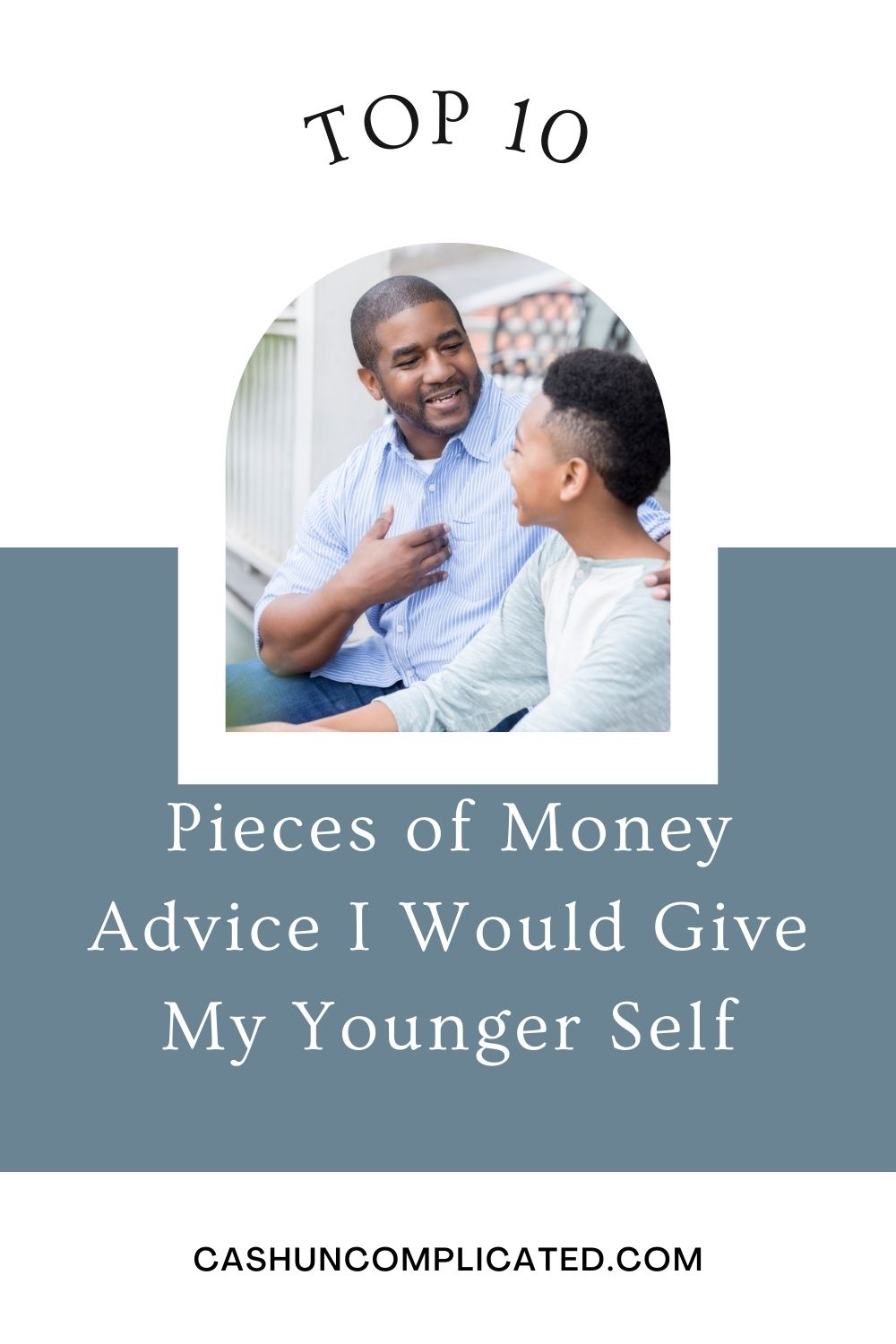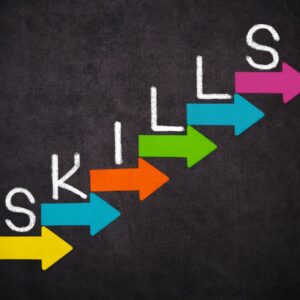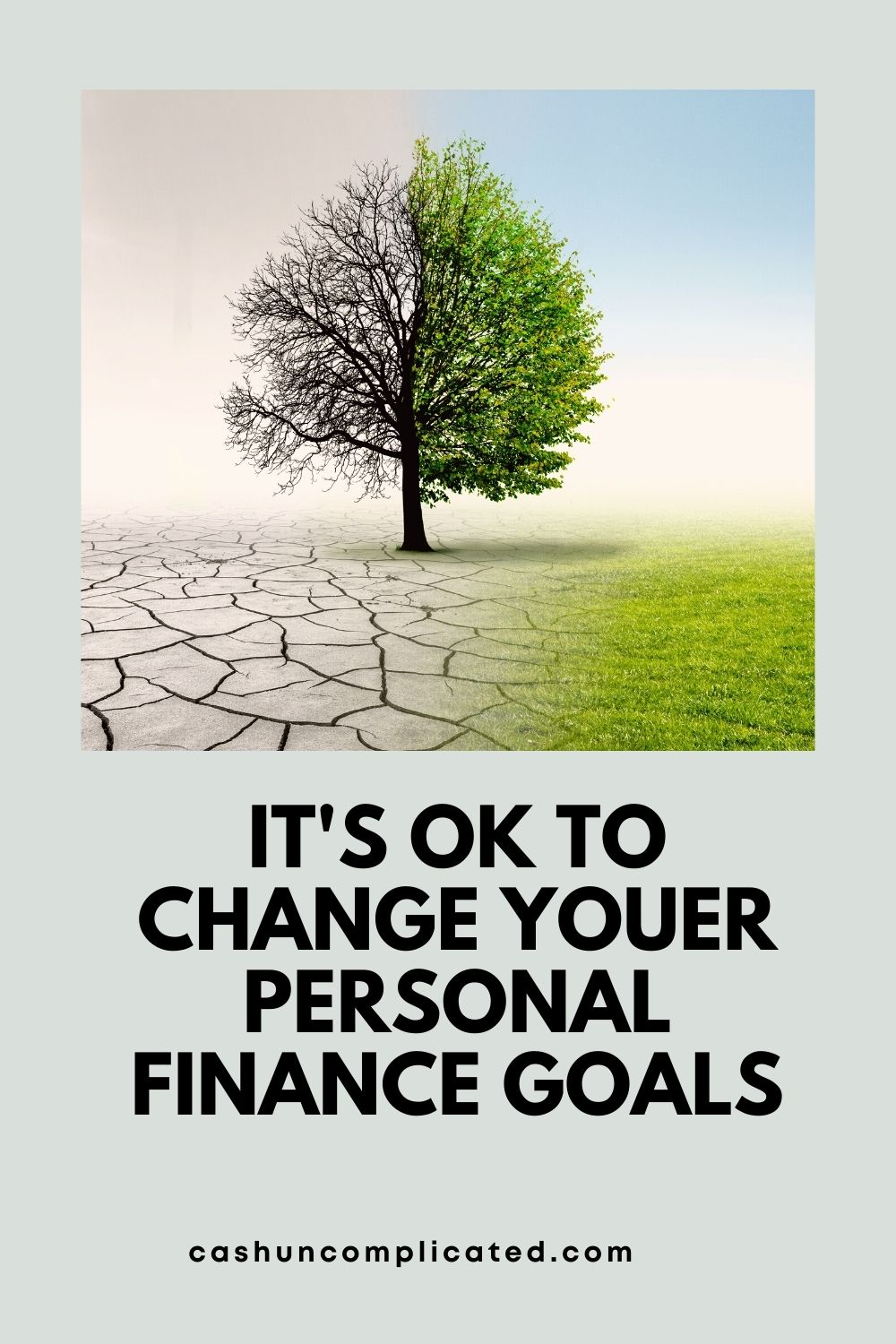I don’t know why, but the other day on the way to work I was thinking about this house that was listed in Pacific Beach (a beach community of San Diego I used to live) for $550,000. It was a beautiful house–fully renovated with all new furnishings, a good-sized yard, and an oversized balcony in a premier location sandwiched between the ocean and the bay.
The house might as well have been 50 million dollars because I wasn’t close to being able to afford it and didn’t have the knowledge or skill set at the time to put the deal together to make it work. After briefly thinking about this house, I had a more important thought that I spent a lot more time on.
That thought was: what money advice would I give to my younger self?
Hindsight
All the money advice I’d give to my younger self comes from hindsight. And the thing about hindsight is that everyone is right. Such as:
- If I would have bought three of those condos instead of just the one, I’d be a lot better off financially
- In hindsight, I should have put more money into my Roth IRA 20 years ago
- Had I known about compound interest in my 20’s I would have invested a lot more
- And everyone’s favorite: I should have bet the FILL IN THE BLANK team to win the Super Bowl, World Series, or NBA championship!
Looking back, of course everyone is right because we already have the answer to the test. However, at the time, things didn’t seem so obvious. Investing in real estate 15 years ago seemed very risky. So did investing in the stock market or anything else for that matter.
Money Advice For My Younger Self
Today I’m taking the gift of hindsight and writing about the 10 pieces of money advice I’d give to my younger self. All of the advice has withstood the test of 20 years or more, but of course there are never any guarantees. I might even laugh at myself in 10 years for this advice, but here goes.
Some of this advice is directly related to money like investing in a Roth IRA but a lot of the advice is more general that will lead to more life and money-making opportunities.
Number 1: Don’t Wait to Buy Real Estate, Buy Real Estate and Wait
Will prices go up or will they go down? What’s going on with interest rates, will they ever go back down to three percent? Or even four percent? Should I wait to buy?
There’s a lot of noise in the media about housing and real estate investing. The piece of advice I’d give my younger self is to ignore the noise and just buy real estate. Or like the famous saying goes: Don’t wait to buy real estate, buy real estate and wait.”
Historically speaking, a young person with many working years ahead of them will do very well buying real estate. Even if they bought high, over time that mistake won’t matter much.
For example, if someone paid $5,000 too much in 1982 for a house in La Jolla, CA they would have so much appreciation between then and now that the $5,000 would barely be a drop in the bucket.
Number 2: Invest in a Roth IRA as Early as Possible
A Roth IRA is great because it’s tax advantaged in the sense that you put taxed dollars into it and then enjoy tax free gains. Nobody knows what the tax rate will be in the future so it’s nice to know that your bucket of money in the Roth IRA won’t be taxed.
I didn’t understand this for a long time, the consequence being that I missed out on a lot of tax-free growth that I could have otherwise taken advantage of. That’s years and years of tax-free compounding that I should have captured. Sure, I’ll be fine but it would have been nice to get an earlier start.
My money advice to my earlier self would be this: Start maxing out your Roth IRA in your early 20’s and contribute for as long as you’re eligible (income requirements).
Number 3: Establish Great Connections
The big buzzwords the last couple years of my college experience were “networking” and “internship.” Two words I pretty much ignored, and ended up paying the price for. What I know now is that networking and getting an internship was a way of connecting and putting myself out there.
It would have made getting my first job out of college much easier. Instead I struggled through cold calling potential jobs and/or writing cover letters to prospective employers who never heard of me and had no idea what I was about. Not a good way to do it, especially when this struggle easily could have been avoided.
To this day, I still don’t like the word “networking.” I prefer connecting or simply making friends with people with shared values. So that would be the advice: Connect/make friends with people with shared values.
Number 4: Take a Risk Early
For me, the first six months after college was a very scary time. I was good at being a student but had minimal job skills and knowledge of how the world really worked. As a result, I was seeking safety and security in the form of a “stable job” with not much upside.
What ended up happening was I took a data entry job that I didn’t like that had no upside. The best case scenario had I stayed in that job was I’d be promoted and supervise those who entered data. Which isn’t a bad job for someone who enjoys that type of work, but that wasn’t me.
I ended up putting in my notice for that job and found something much more suited to my skills and aspirations at a group home for foster children. I enjoyed the ability to move around, interact with others, and make a difference for those who really needed it.
That also would have been a good time to start my own business if that was something I wanted to do or take another type of risk. Most people in their early twenties have minimal responsibilities and lots of time to get it right. Which is the advice I’d give: Take a risk early.
Related: Zero Regrets: My Failed Attempt at Law School
Number 5: You Don’t Need Your Career Job Before 25
I always find it funny that colleges ask students to pick a major, often as early as freshman year. These kids literally aren’t old enough to legally buy alcohol, but you’re supposed to pick a major–which eventually will turn into a career?
Kind of early if you ask me.
What I learned is you don’t have to pick a career in your twenties. There is time to try different things and take a risk. As long as you’re making enough to save and invest a little, and live on, you’re going to be fine. Someone in this stage of life can even mix and match different jobs in the gig economy.
Work a part time job, drive for Uber, intern, bartend at night. Any combination of these can make most people without a lot of responsibility a living.
Number 6: You Will Be Fine
As I wrote about earlier, graduating college with minimal to no job skills was scary. It was hard to look too far into the future because the present was a scary place that I needed to get through. Rent was expensive and making sure I had enough money every month was priority number one.
If I could go back and give myself some advice during that time, I would have told my past-self that you’ll be fine. You’ll figure it out. Literally billions of people have figured it out over the years, and you will too.
Number 7: Develop Important Skills to Make Yourself More Valuable
Focus on developing important skills to make yourself more valuable. It’s nice to be able to type 60 words per minute. But a lot of people have that skill so it’s not that valuable.
Focus on developing the skills that are really valuable like:
- Being a superior communicator
- Learning coding or programming
- Finding an area of need and filling that gap
- Becoming a subject matter expert on an important topic
These are all valuable skills that will open doors to various opportunities such as entrepreneurship, climbing the corporate ladder, consulting, etc.
Number 8: Put Yourself Out There
There’s no purpose in playing small and hiding in the crowd. You’re not going to get anywhere doing that. Take some steps that make you a little bit uncomfortable.
It doesn’t have to be huge, but it should be somewhat out of your comfort zone. Things like:
- Volunteering to be on a committee at work
- Sharing a new and innovative idea with your supervisor
- Getting a side hustle
- Starting a business
Point is, put yourself out there and be willing to live with an unknown outcome.
Number 9: Don’t Be Afraid to Ask Questions
There’s a famous saying about there’s no such thing as a dumb question. I don’t believe that’s true, I think there are plenty of stupid/dumb questions. So this isn’t one of those posts that encourage you to ask any and every question that pops into your head.
What I am encouraging, and the advice I’d give my younger self is to not be afraid to ask questions. Even if that comes with the risk of being perceived as dumb. Here’s my stance: If you’ve given the question reasonable thought and maybe even put some research into it, ask that question.
Be curious and seek the wisdom of people you respect. Ask good and insightful questions, and don’t be afraid of a less than optimal result now and then.
Number 10: Believe That You Can
Henry Ford has a famous quote: “Whether you think that you can, or think you can’t, you’re right.” It’s challenging when you’re young to think that you can. Transitioning from high school or college to the working world is hard and self-doubt creeps in.
Believe that you can though. Others have done it before you and more will do it after you. So why not you? Believe that you can and then take the actions to make it happen.
Conclusion
Hindsight is 20/20. We’re all geniuses after it happened because we already know the outcome. The trick in life is to take the right actions today that will lead to a better life both today and tomorrow.
I believe hearing these small pieces of advice would have helped me in my early adult years. I’m glad I figured enough out to be happy and successful in my mid-40’s but it would have been nice to have a little head start by hearing some of this in my earlier years.
What money advice would you give your younger self?












